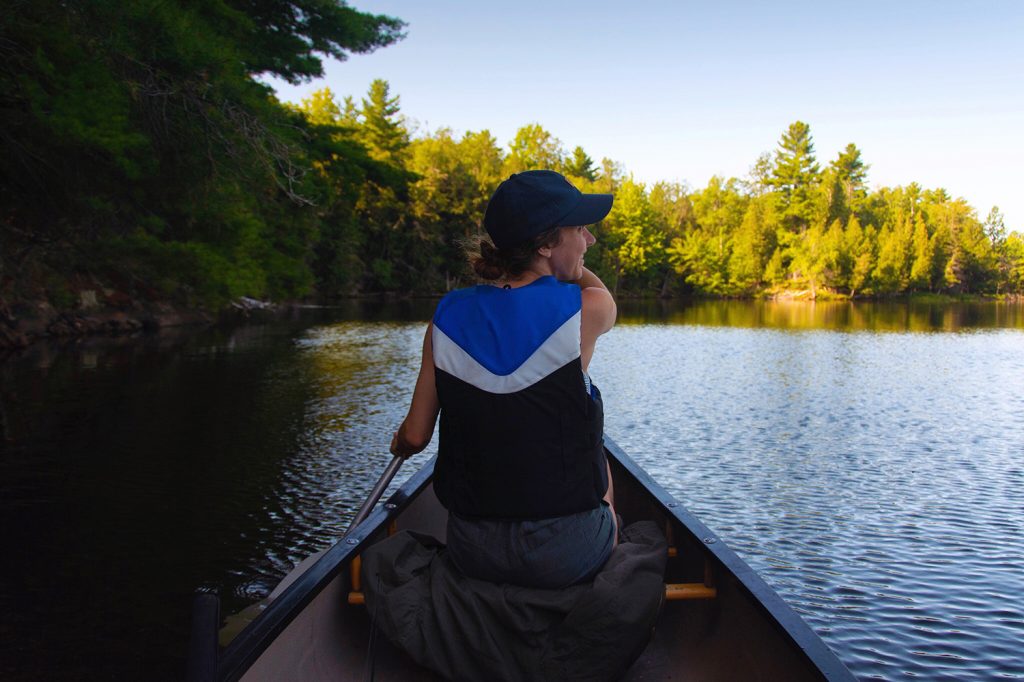Mnemonics help us remember information. They can be rhymes, acronyms, or memorable sayings. Check out this collection of mnemonic phrases for outdoor survival:

1. Be bold, go cold
In cold weather, sweating from exercise can lead to hypothermia. By beginning outdoor activities with fewer layers, and adding layers as we need them, we reduce the risk of overheating, sweating, and hypothermia.
2. Black fight back, brown go down
If a black bear attacks you, fight for your life. If a brown bear attacks you, play dead.
When playing dead, leave your backpack on, lay on your stomach, cover your neck with your hands and spread your legs to prevent being flipped over. After the attack, stay still until you are certain the bear has left the area.
The NPS (National Park Service) says that you should fight back against a brown bear only if the attack persists. It also notes, you should fight ANY bear that stalks you or attacks you in your tent. In these rare instances, the bear probably sees you as prey.
3. Red on yellow, kill a fellow. Red on black, friend on Jack
Coral snakes and scarlet kingsnakes look similar, but one is venomous and the other is not. The venomous coral snake has red bands touching yellow. The scarlet kingsnake has red bands touching black.
4. Leaves of three, let it be
Both poison ivy and poison oak have three leaflets. If you touch them, they can cause a painful rash, swelling, and blisters.
5. Hairy vine, no friend of mine
Poison ivy also has hairy tendrils coming off its vine.
6. Be humble around umbels
An umbel is a flower cluster attached to a common point. Umbels often have an umbrella shape.
Several umbelliferous plants are poisonous including: Queen Anne’s lace, poison hemlock, and wild parsnip. These plants can cause rash, burns, and blisters. They can also make you sensitive to sunlight.
7. The three 3s
On average, a person can survive 3 minutes without air, 3 days without water, and 3 weeks without food.
8. Never eat shredded wheat
If you have trouble remembering compass directions: never = North, eat = East, shredded = South, wheat = West.
9. Go slow to go fast
When crisis hits and adrenaline is pumping, it’s difficult to make clear decisions. Panicking and rushing around can lead to injury and make a dangerous situations worse.
Take your time, assess your circumstances, and go slow.
10. Berry white, take flight
Almost all white berries are poisonous. There are very few exceptions, so don’t eat them.
11. Put red in the shed
Red refers to the magnetic north needle on a compass and the shed is the orienting arrow. This phrase helps us to remember an important step for orienting maps and following bearings.
Let’s take orienting a map for an example, begin by laying your map flat and aligning the direction of travel arrow on your compass with the orienting arrow. Place your compass on the map, aligning it with a straight edge. Now, adjust for declination. Lastly, move the compass and map together to put “red in the shed.” Your map is now oriented to the surrounding landscape.
12. East is least, west is best
This is a simple way to remember whether you are adding or subtracting when adjusting your compass for declination. For example, if magnetic north is 5 degrees west of true north, add 5 degrees. If magnetic north is 5 degrees east of true north, subtract 5 degrees. West = best (+). East = least (-).
Do you know any mnemonic phrases?
Do you have any mnemonic phrases for outdoor survival? I’d love to hear them in the comments section!